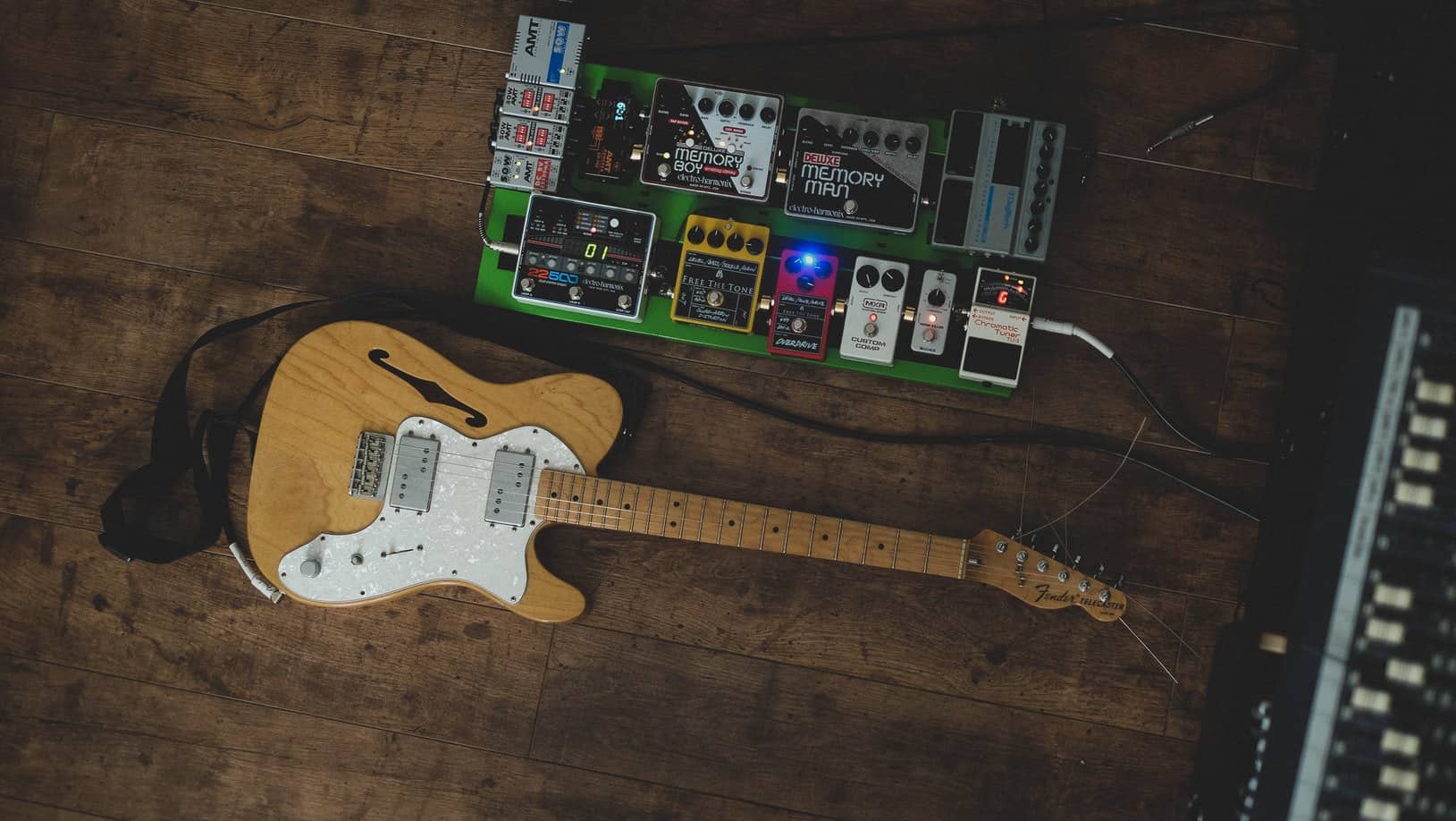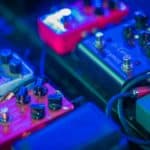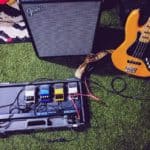When playing with electric guitars, one may encounter some unwanted results.
I’m talking about hum, buzz, and all those noises that come from the amplifier and that affect your sound.
While there are some musicians who enjoy such noises, there is a fair amount who also hates them.
The question is, is there any way to eliminate such unnecessary sound?
Yes, there is! There are many, and one of them is getting a noise gate pedal.
Noise gate pedals attenuate a signal that is below a certain threshold. That means that it cuts the signal and avoids unwanted hum. Therefore, when your gear produces undesired sounds, then noise gate pedals will be required.
If you are still unsure whether to get one or not, then keep on reading this article.
It will clarify all your doubts.
Do many players use noise gate pedals?
Noise Gate pedals are quite popular among players, especially if they play live.
Noise Gates are great for removing unwanted noises that could interfere with the performance.
However, it is safe to say that not every musician picks a noise gate pedal as their N° 1 choice.
Many just go with Humbuckers, Volume knob pedals, or noiseless pickups.
Others simply prefer hearing to such external noises and humming. Some musicians believe they are also part of the ambiance.
All in all, many musicians do like having a cleaner tone. Therefore, noise gate pedals are a common choice.
When is a noise gate pedal needed?
Noise Gate pedals are a prevention tool.
When you set up your guitar and connect it to an amplifier, it will naturally produce hummings or buzzings.
Sometimes, one wants to eliminate all those noises because it inevitably alters the final results.
Thus, having a noise gate pedal is of pivotal importance in order to reduce any irritating humming.
It works like this.
A noise gate pedal weakens a signal that is below a specific level, cutting it down so the noise is eradicated.
To sum up, a noise gate pedal is required when working with noisy setups.
Can a noise gate pedal help with 60 cycle hum?
A noise gate can eliminate 60 cycle hum, but temporarily.
In other words, a noise gate pedal gets rid of the noise, but only when you are not playing with the instrument.
The moment you hit a note or strike a chord, the buzzing comes back.
If you want to keep the humming while playing and reduce it when not, then a noise gate is a perfect option.
Otherwise, there might be other (and better) alternatives.
For example, a high-pass filter set to 60hz or 120hz will cancel out most of the hum.
A humbucker pickup will do a magnificent job too, as well as a braided guitar cable.
Can a noise gate pedal reduce string noise?
Unfortunately, noise gates cannot cancel string noise.
The thing is, string noise is an issue that comes from the player itself.
It is created by the movement of the fingers against the strings.
It has nothing to do with the amps or setups.
One thing you could do to reduce string noise is to get a string dampener and wrap it around
the neck of the guitar, on the first fret.
That way, strings will be muted.
Can a noise gate pedal reduce amp buzz?
These pedals reduce amp buzz.
Many players opt to use them for “turning off” amp floor noise.
Truth is, more than turning it off, what the pedal does is weaken the signal, so it feels like it’s completely gone.
Either way, it serves its purpose.
Do noise gate pedals affect your tone?
The Tone is always affected by noise gate pedals.
Sustain too.
It mainly affects the attack and decay of the sound and wears it out.
As a result, many players decide not to use them.
While such change seems minimal, it is impossible not to notice it if you already know how your guitar usually sounds.
Can a noise gate pedal help with feedback?
Feedback can be stopped with a noise gate pedal unless the feedback starts up on sustained noise.
Noise gate pedals eliminate sounds that are below a certain threshold. In other words, unnecessary noise.
Feedback is indeed unnecessary noise.
However, one needs to set the threshold before it works.
Otherwise, it could take the substance out of the tone.
If you want not to have such a problem, then a noise suppressor pedal is the choice for you.
A noise suppressor pedal doesn’t affect tone.
Do active pickups like EMGs also need noise gate pedals
If you have active pickups, then noise gates can help you.
EMG’s, for example, have lower floor noise compared to passives.
Noise gate pedals are more effective if they don’t have to cancel too much noise.
Bear in mind that most noise problems have not much to do with the pickups themselves.
Check the quality of the cables, the setting your distortion pedal is in, and not using an isolated power supply with your pedals, among others.
Alternatives to a noise gate pedal
One good alternative is to ground your equipment.
For this, you can connect the amp to the same power source as the mixer or any other system you are using.
In other words, plug everything into a single power source with a surge protector.
Other tips have to do with simple playing and/or setting habits such as using quality cables, playing with reduced gain, or matching the volumes on your pedals.
If you have active pickups, then checking whether the batteries have enough power is a good way of avoiding unwanted noises.
Lastly, having an equalizer is another good alternative to a noise gate pedal.

Hello there, my name is Ramiro and I’ve been playing guitar for almost 20 years. I’m obsessed with everything gear-related and I thought it might be worth sharing it. From guitars, pedals, amps, and synths to studio gear and production tips, I hope you find what I post here useful, and I’ll try my best to keep it entertaining also.





